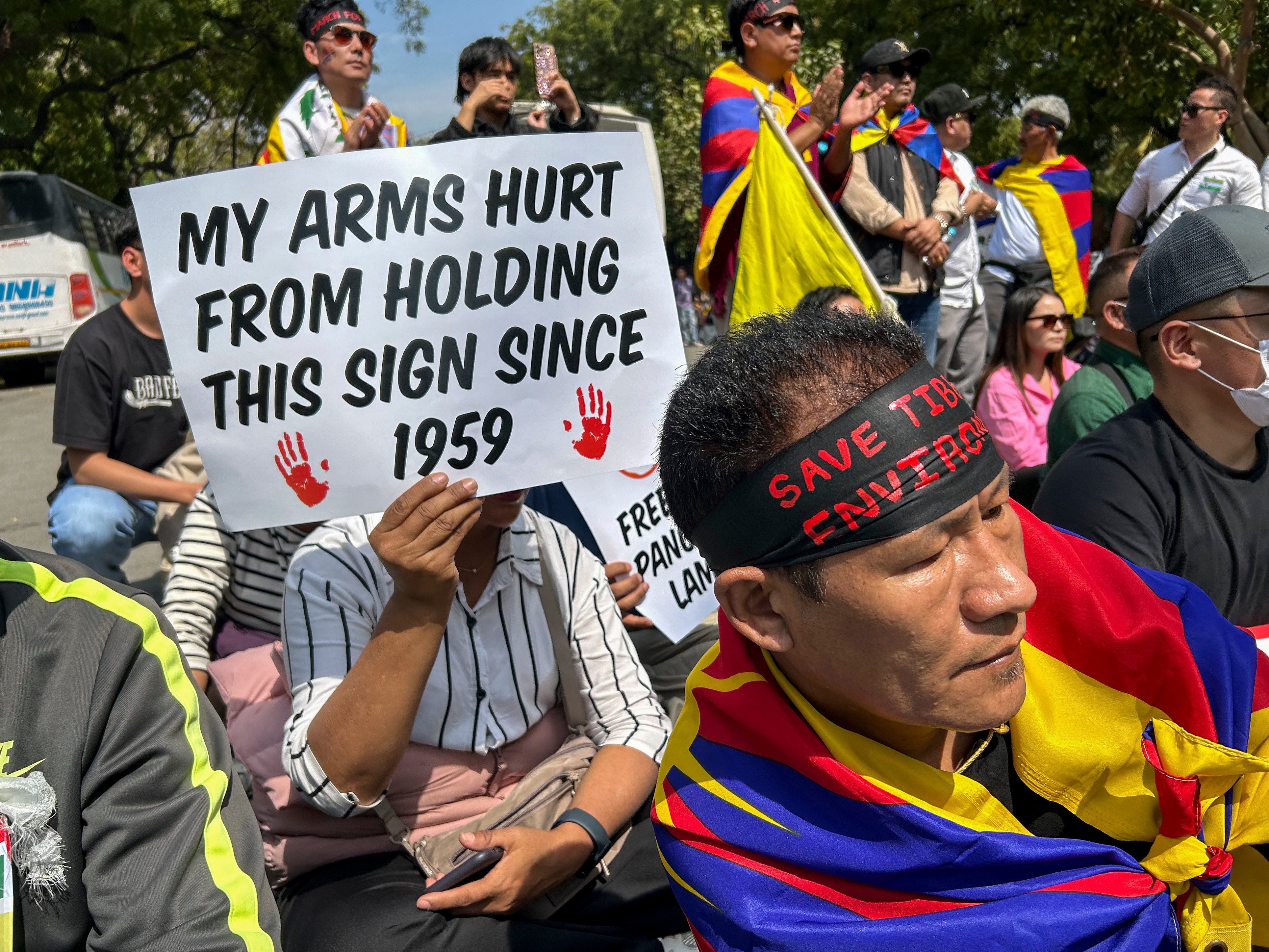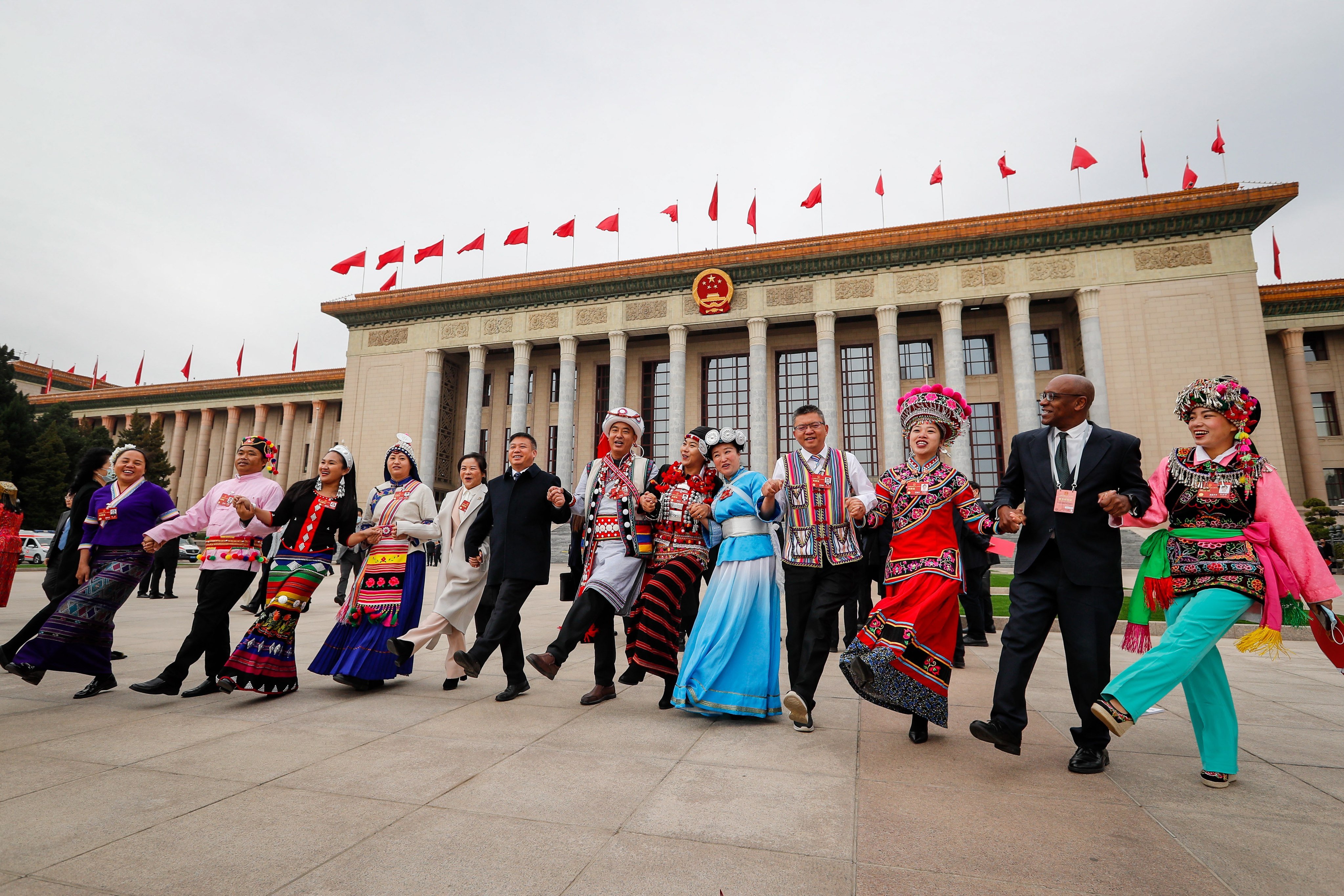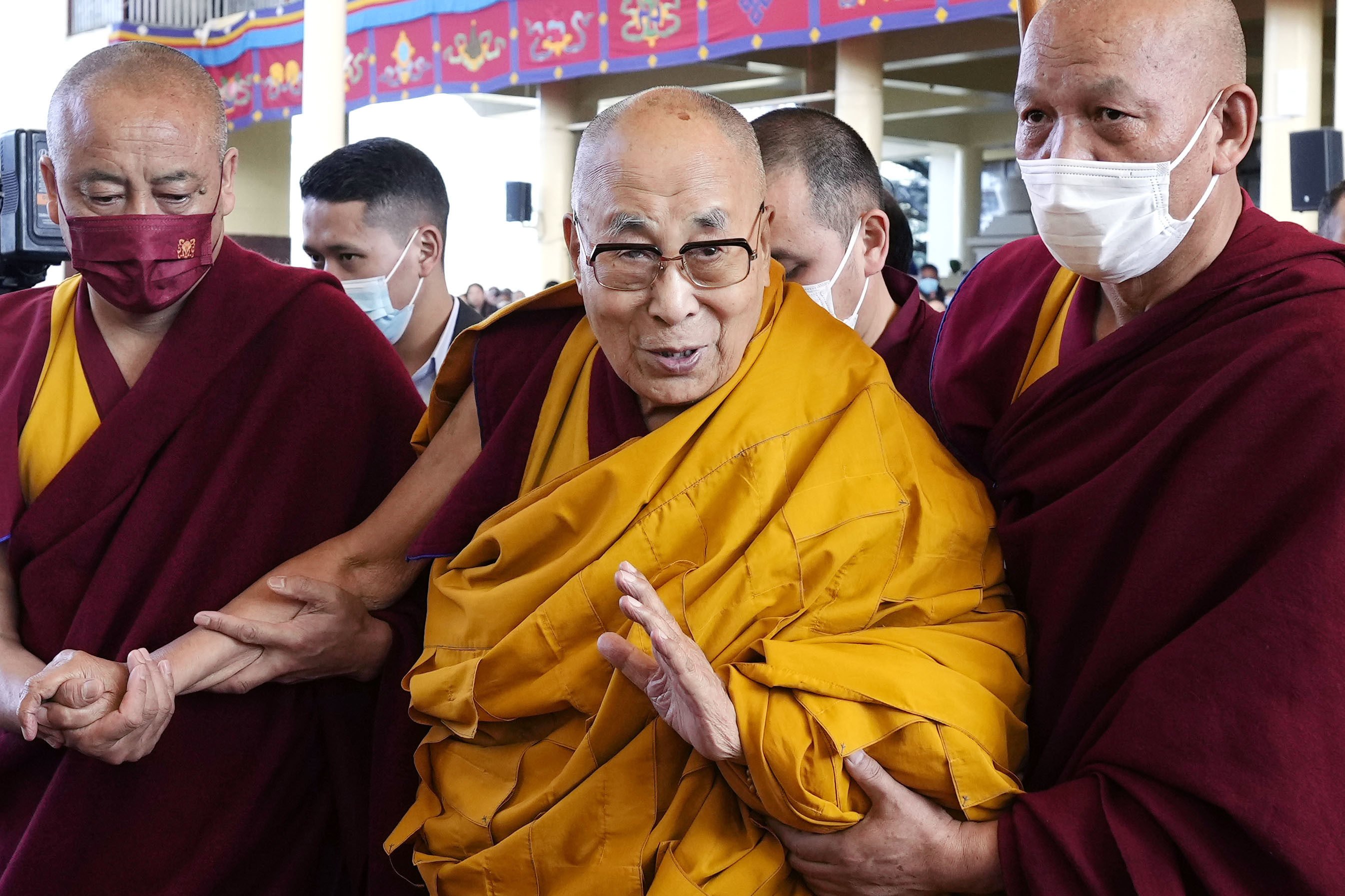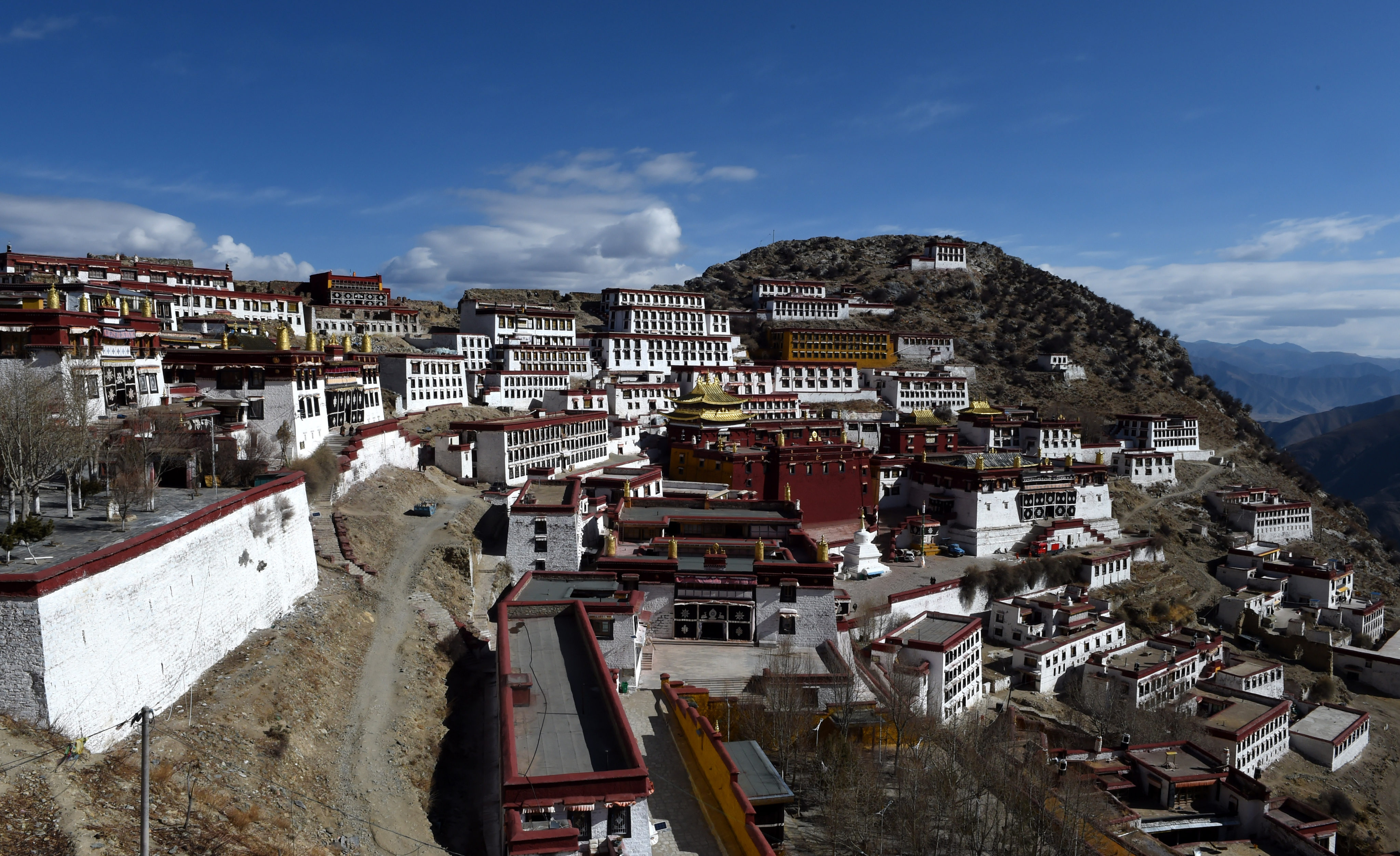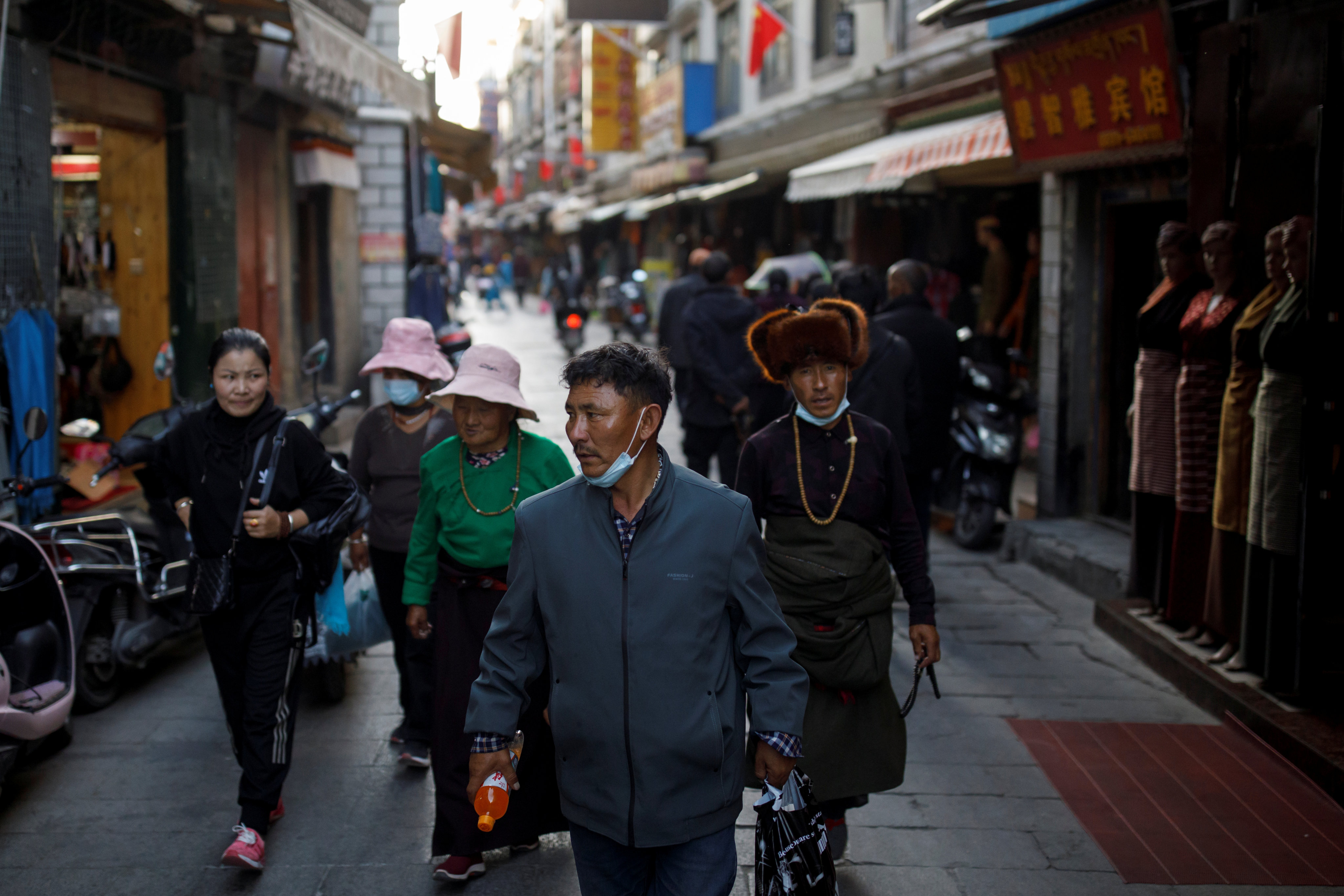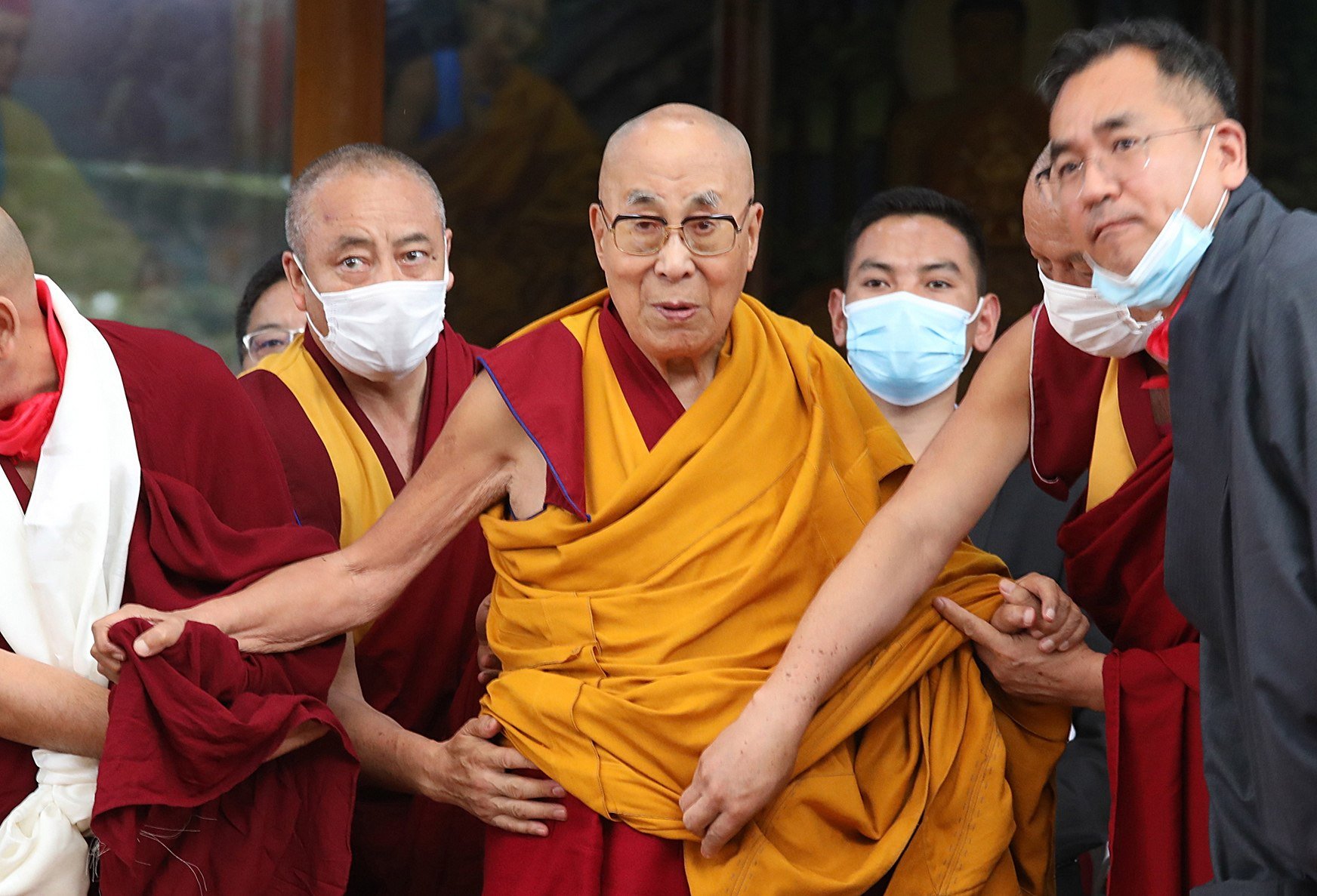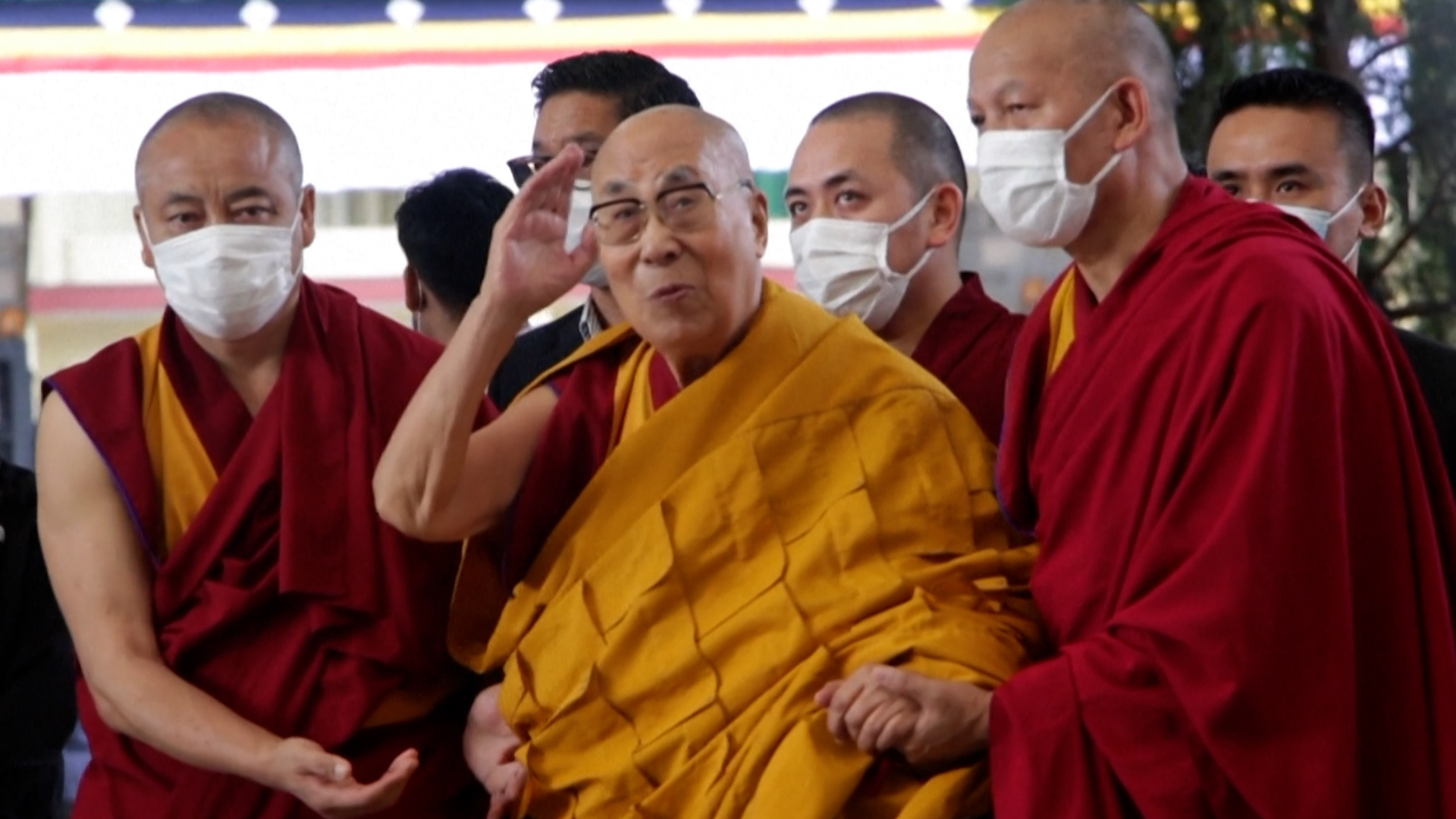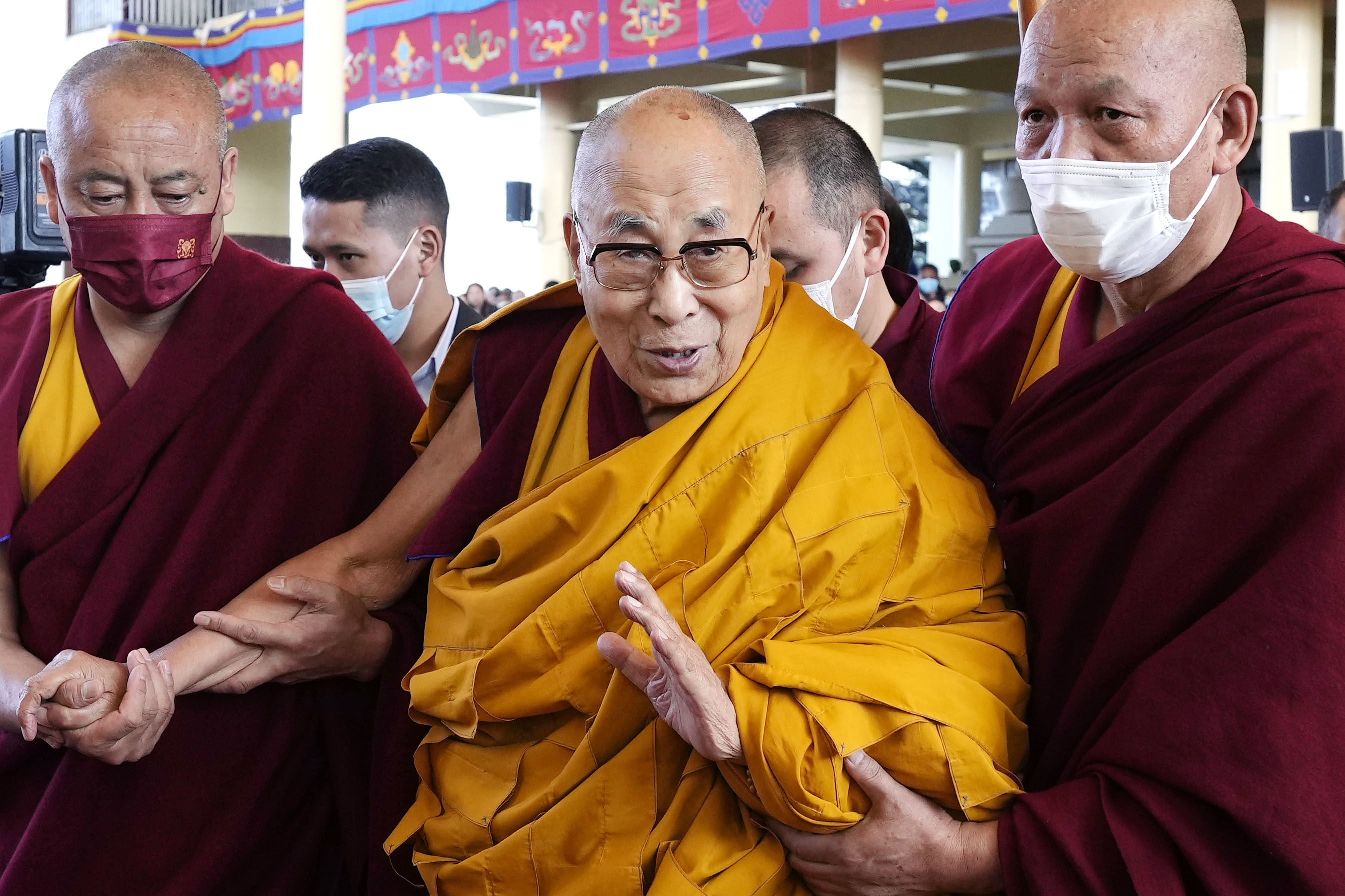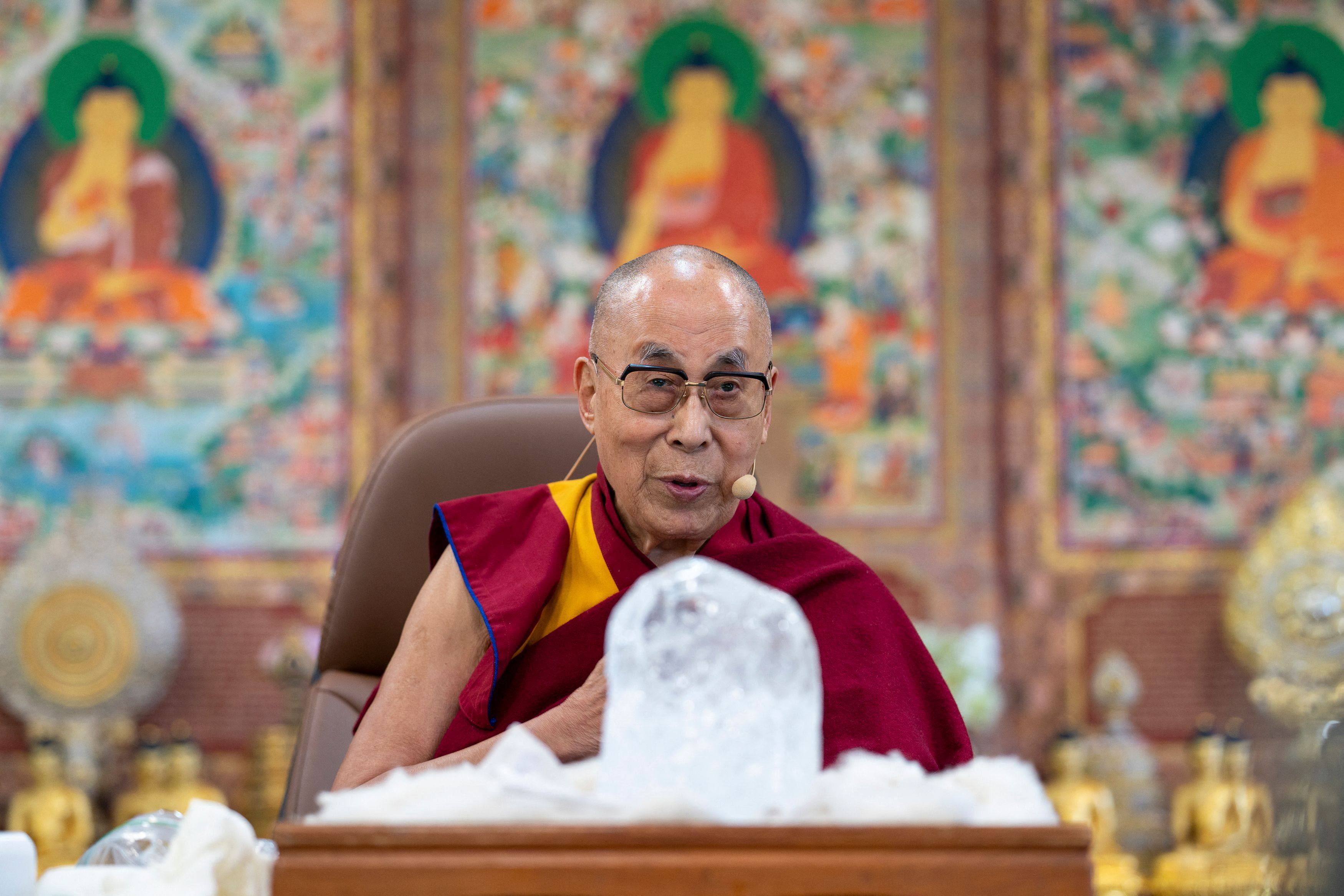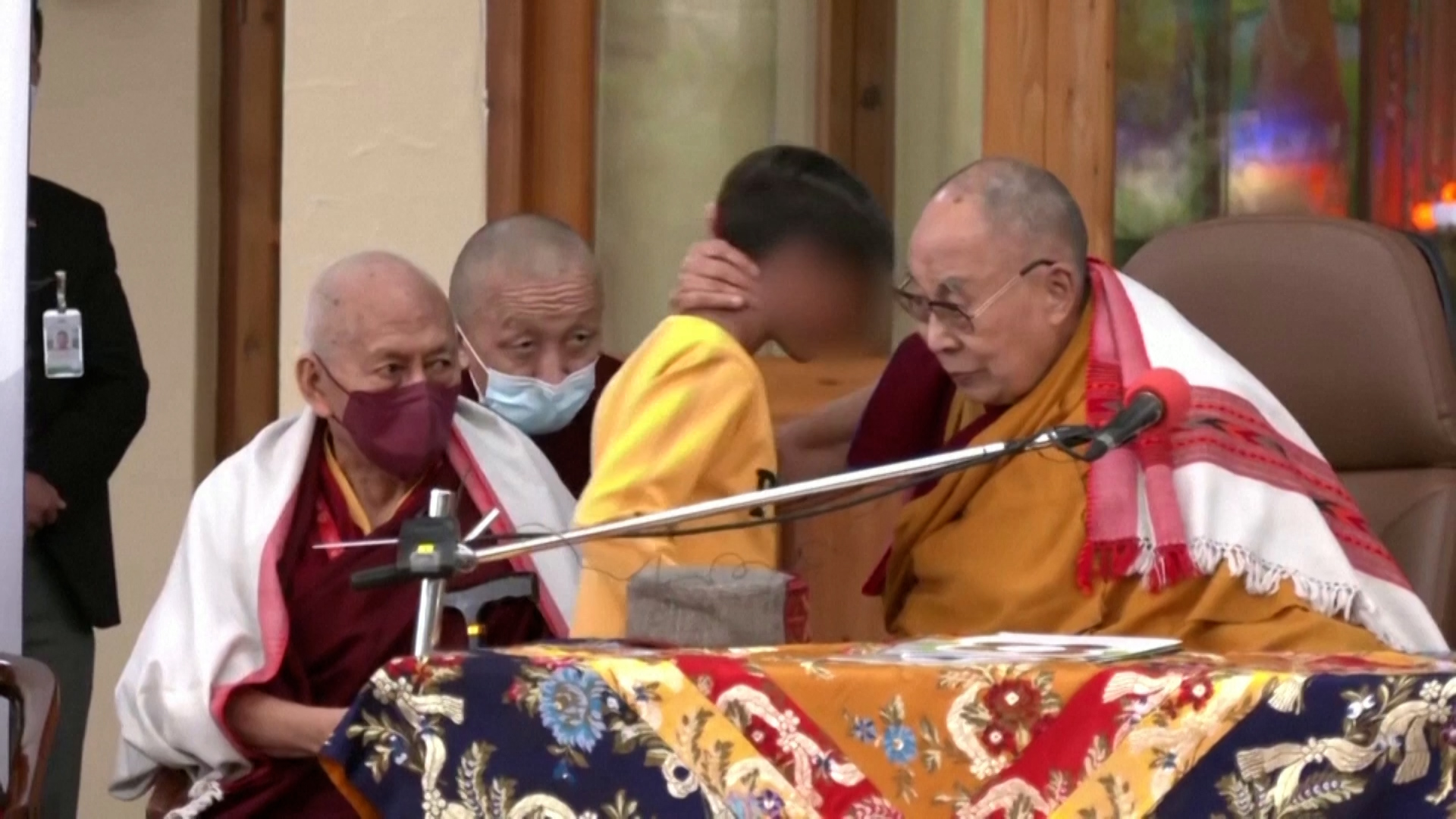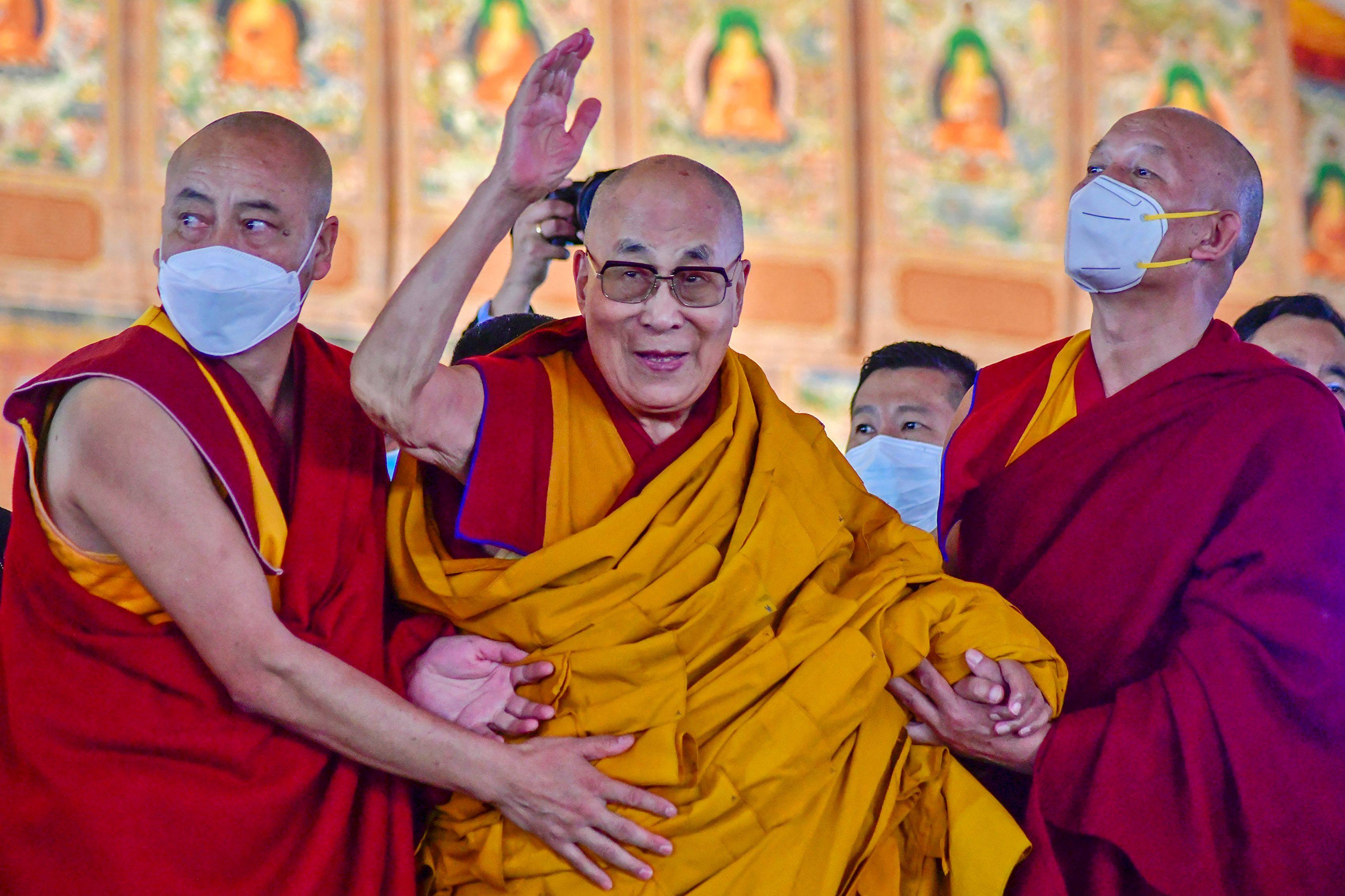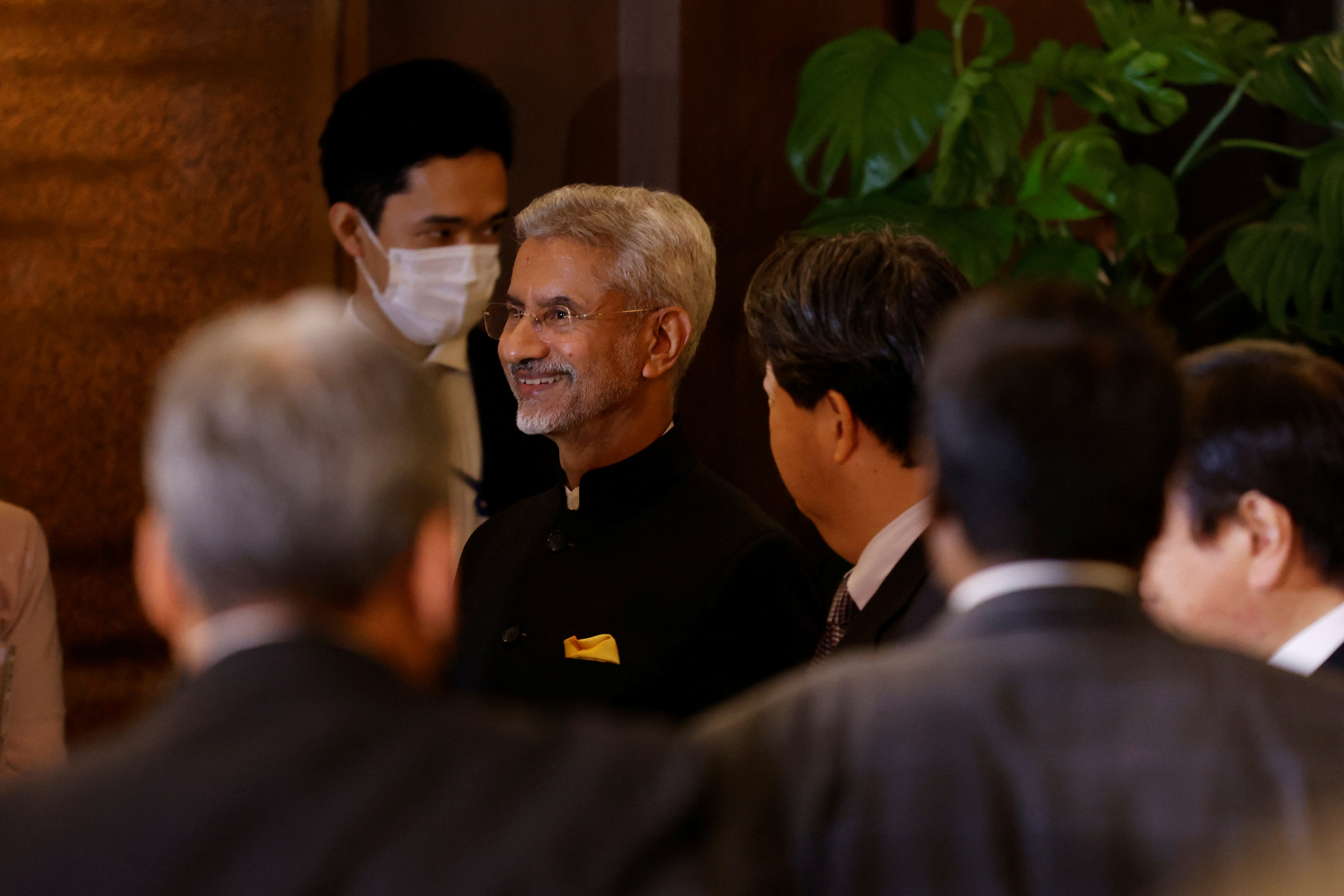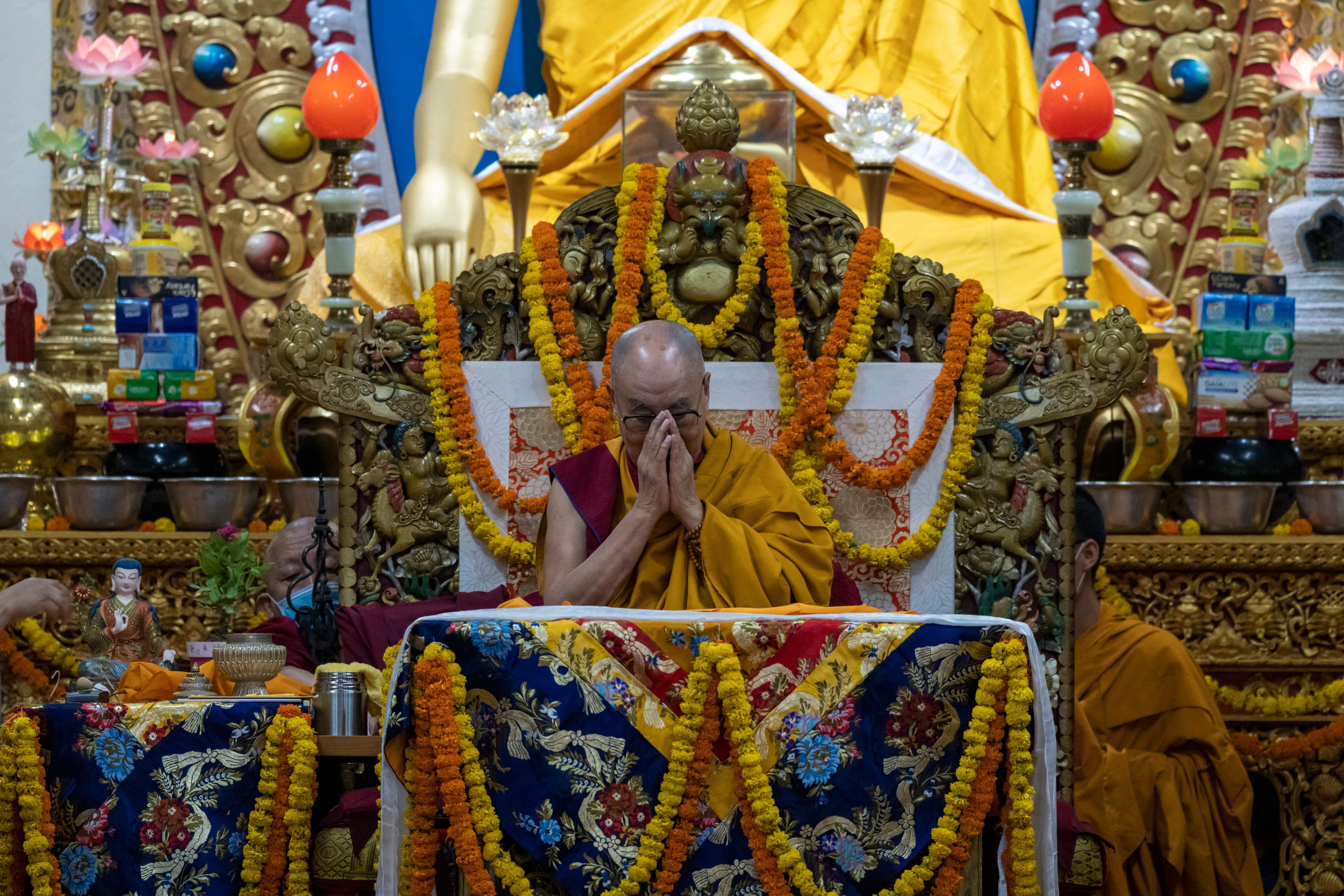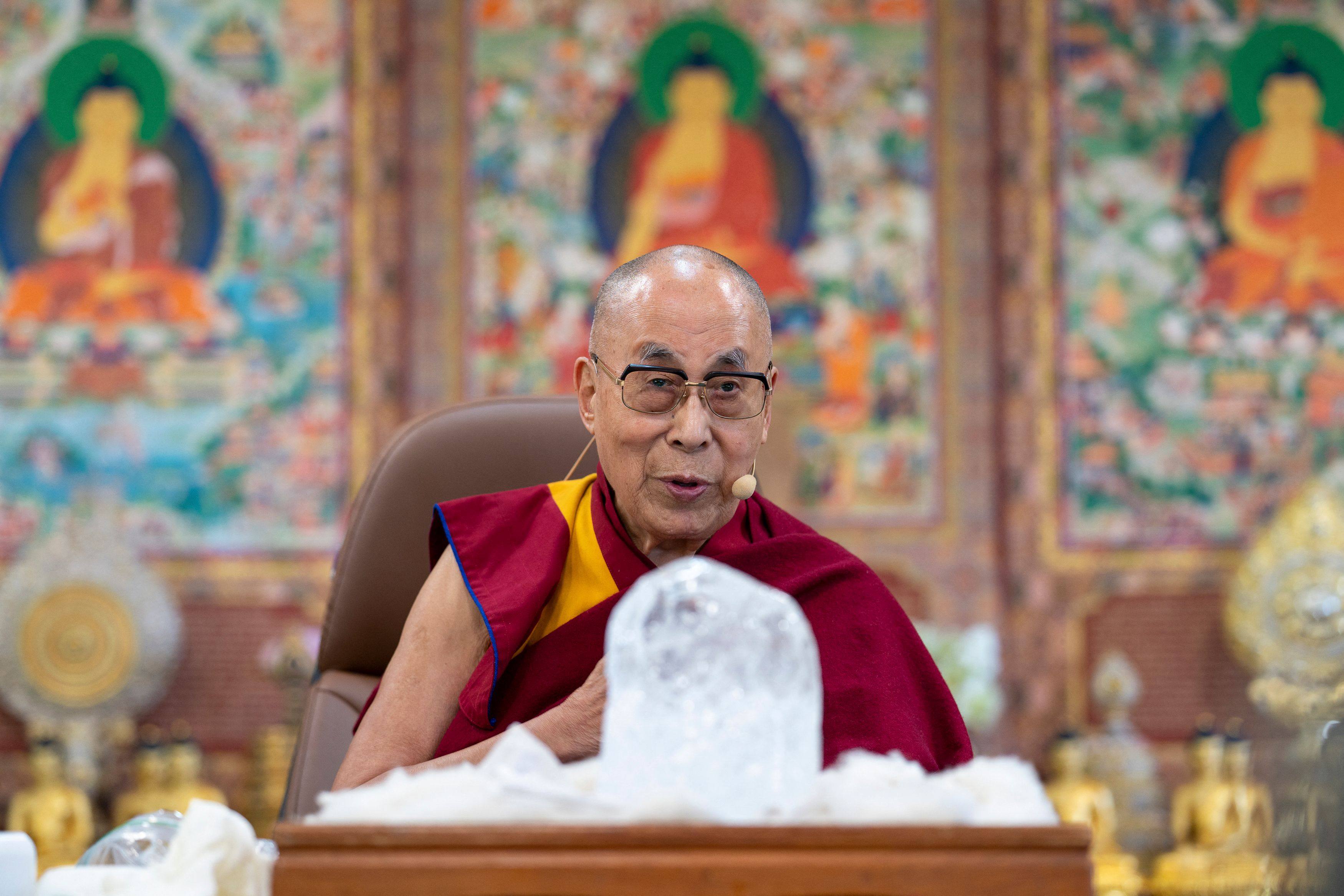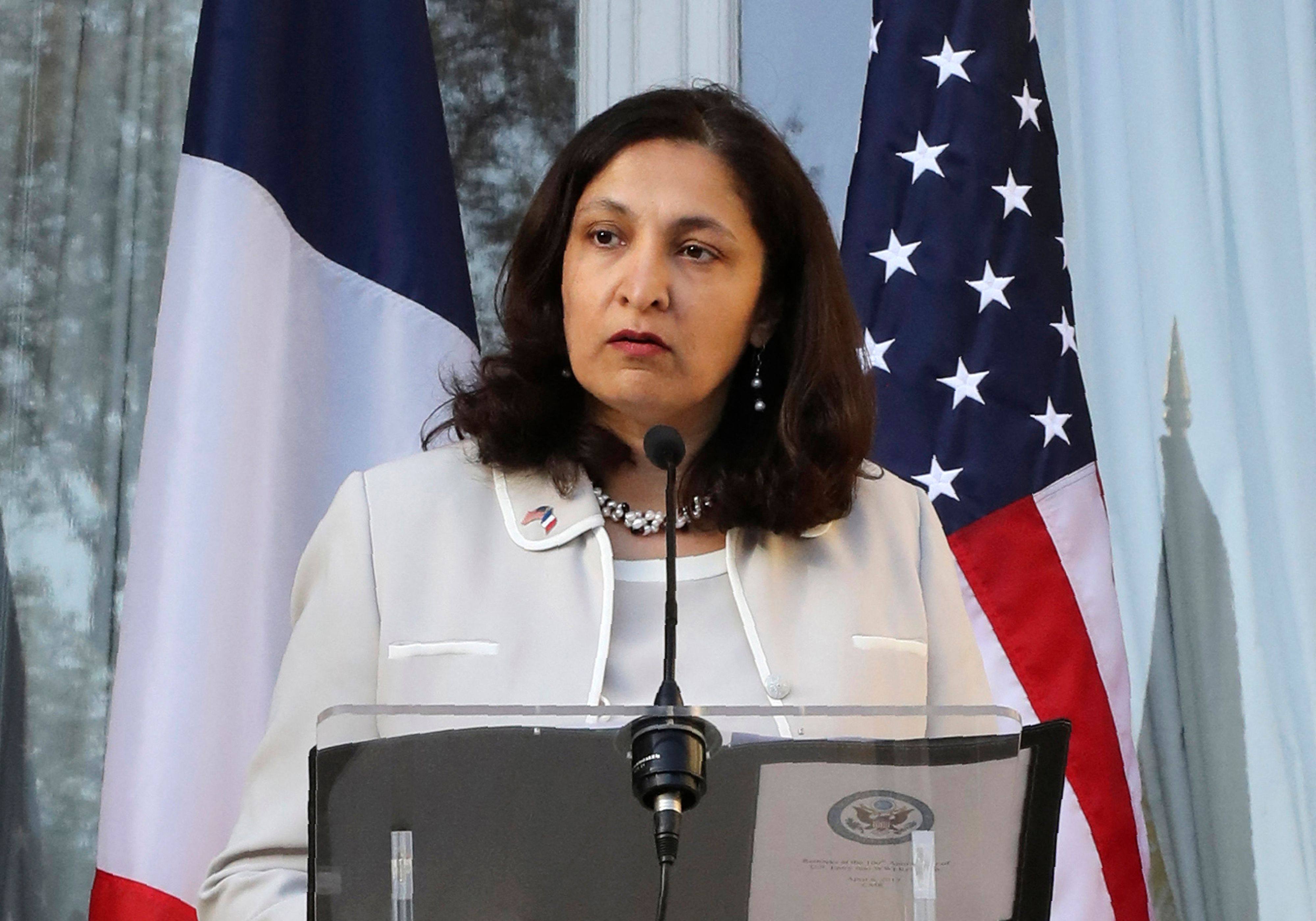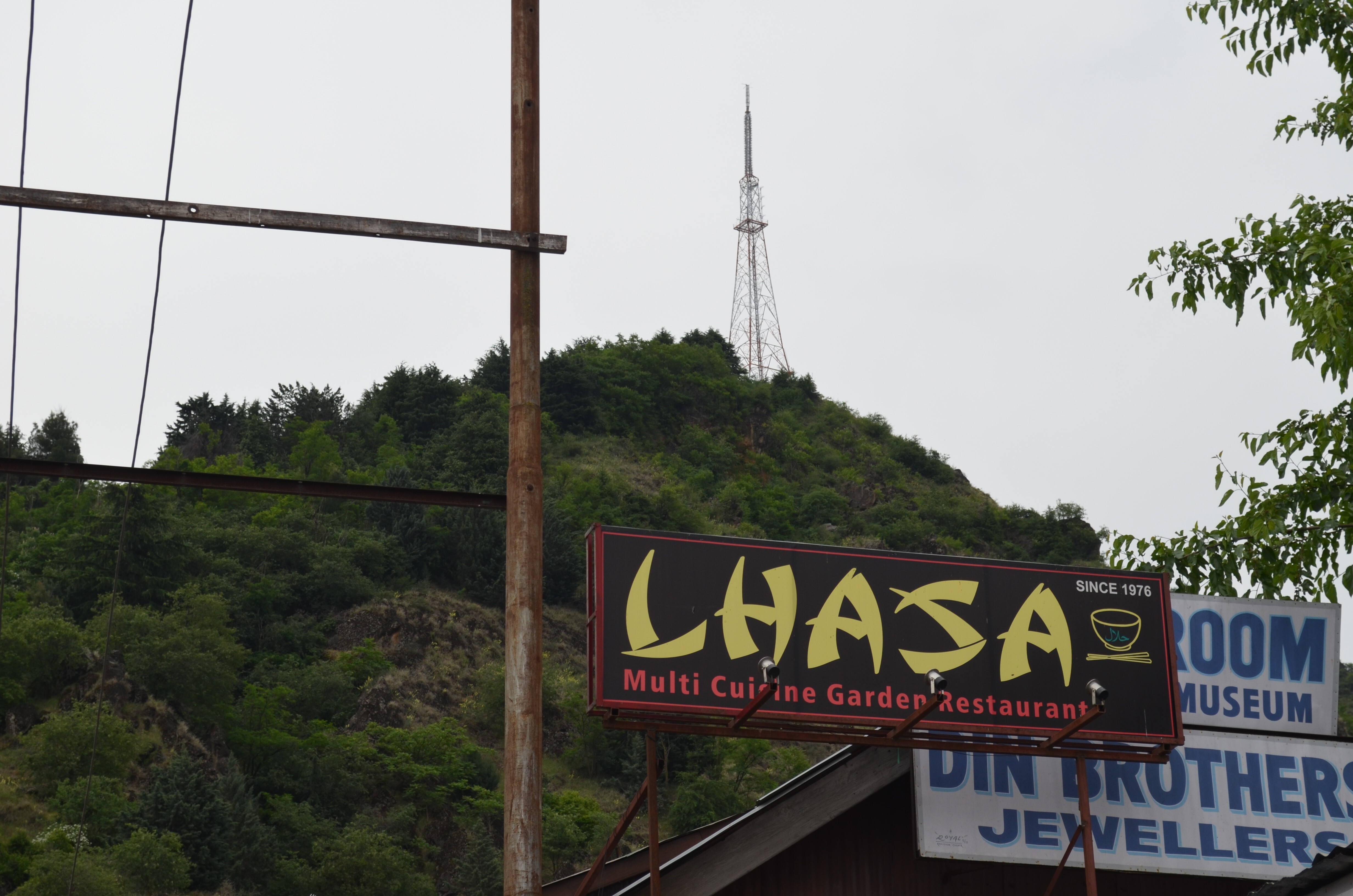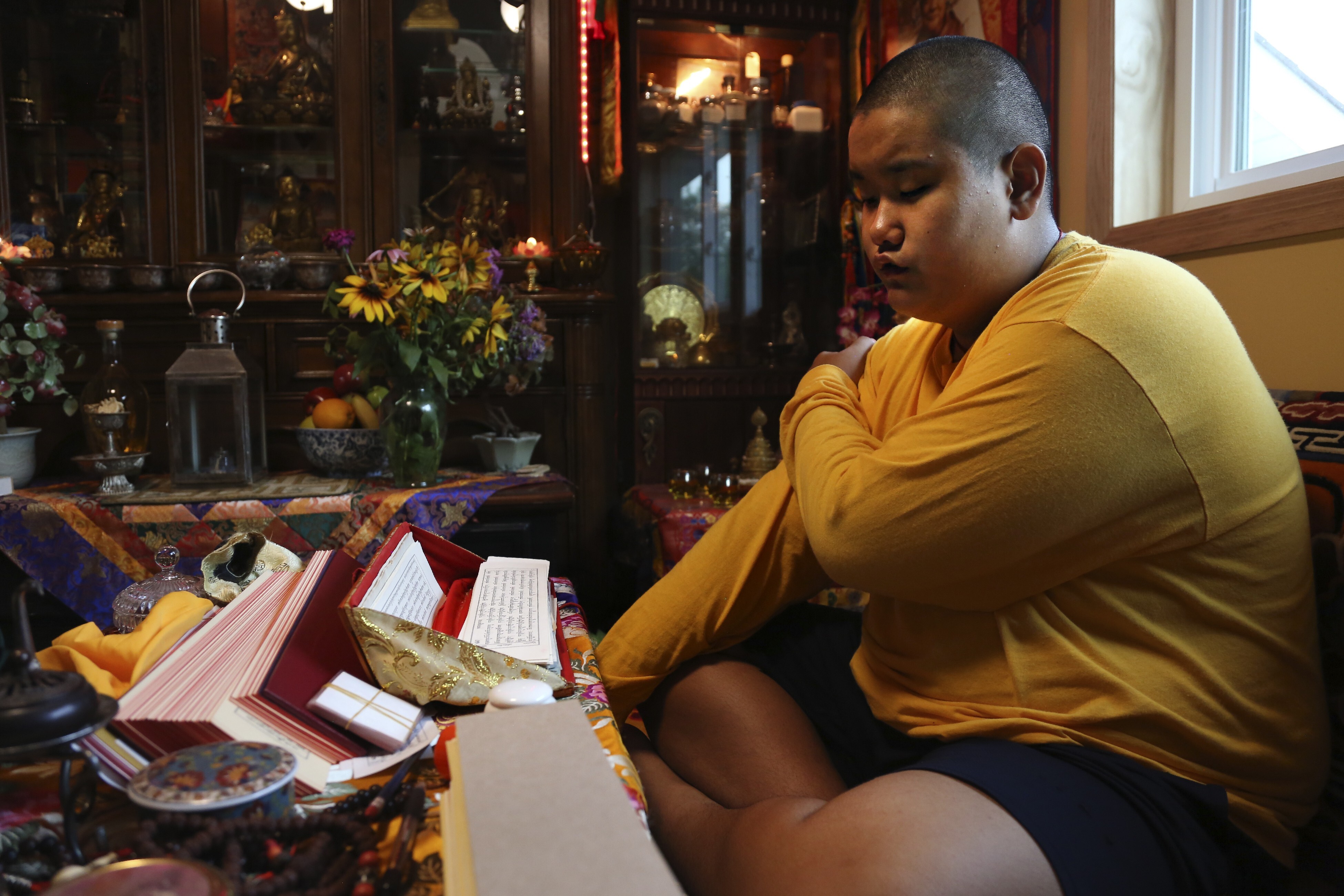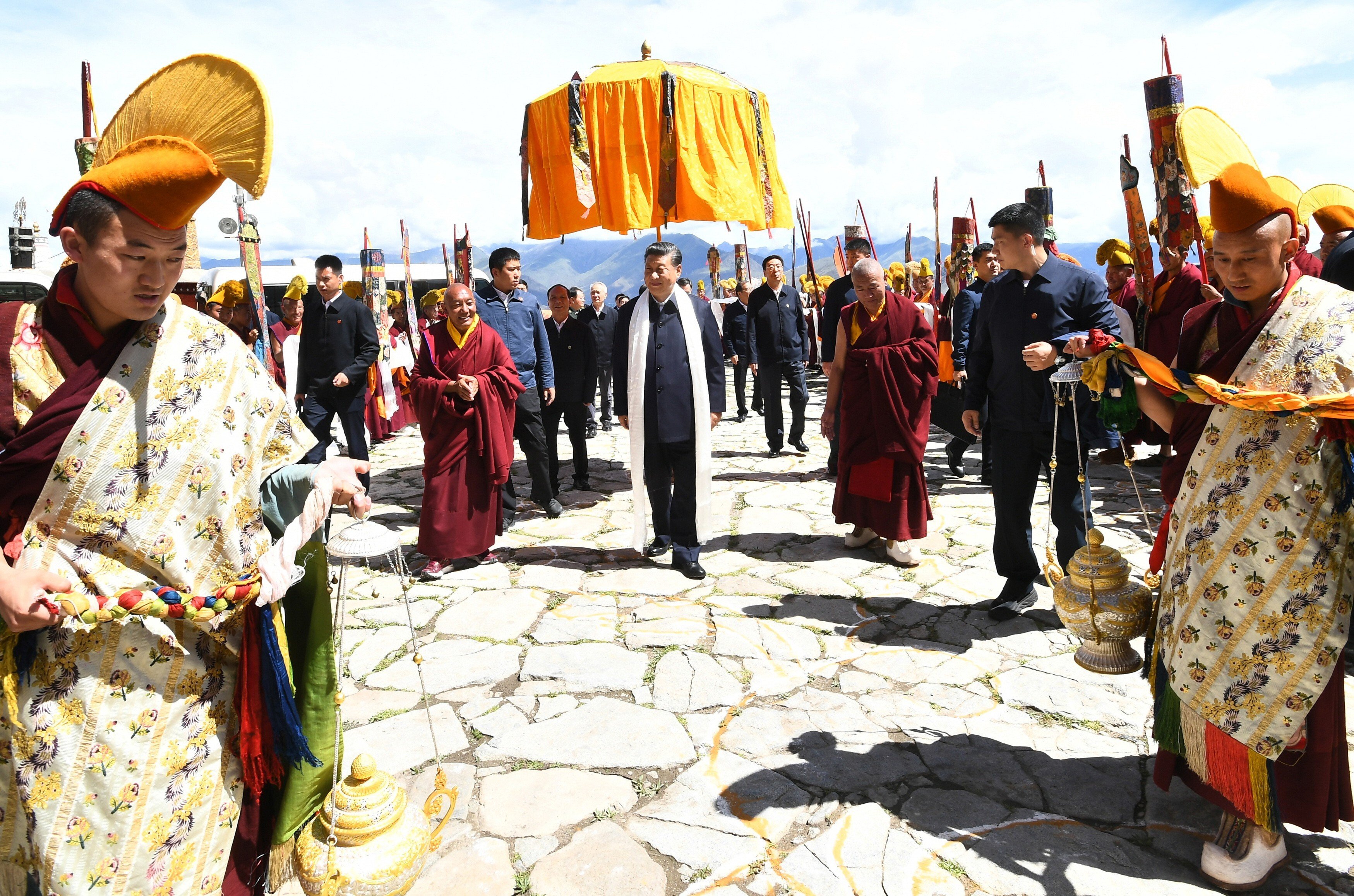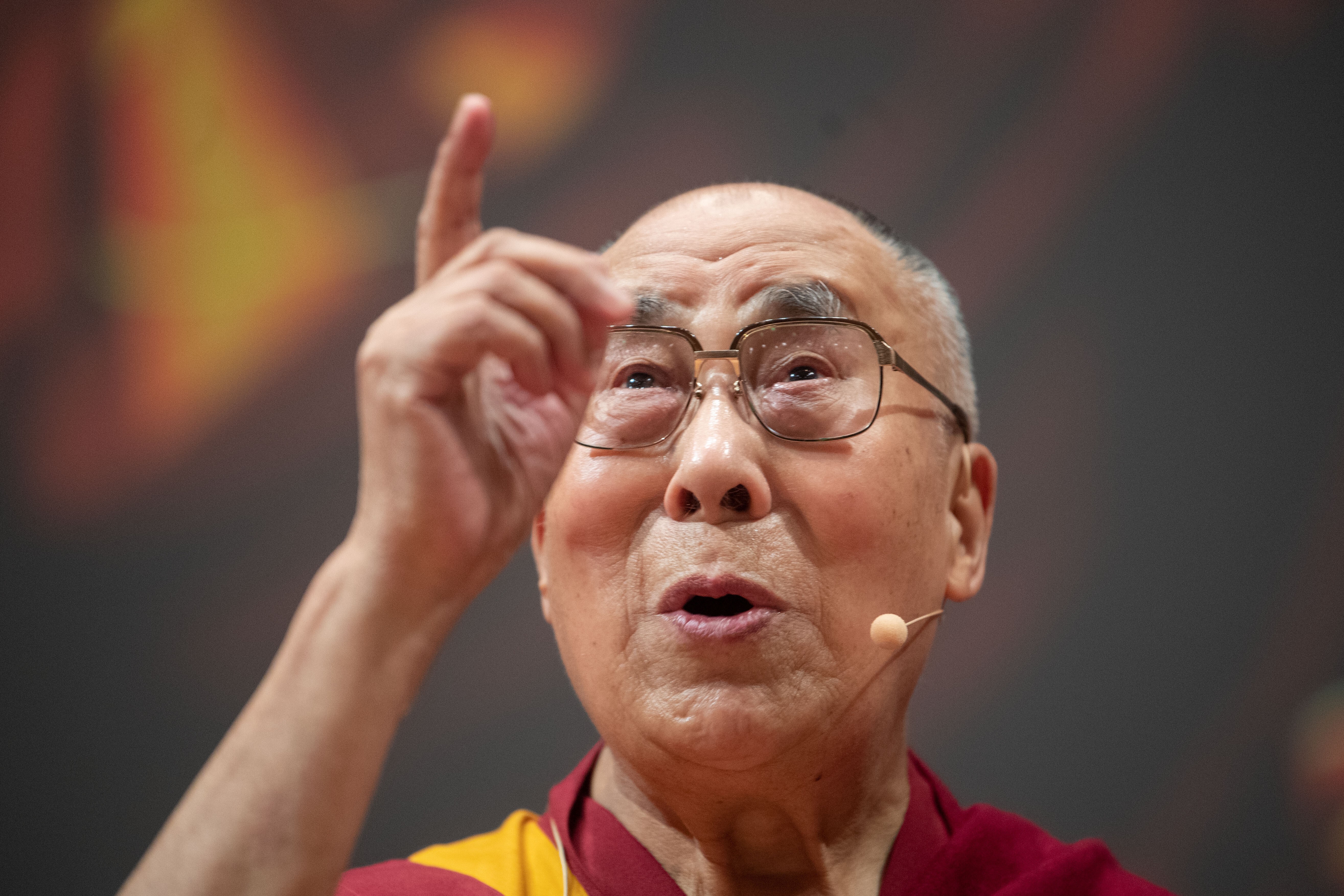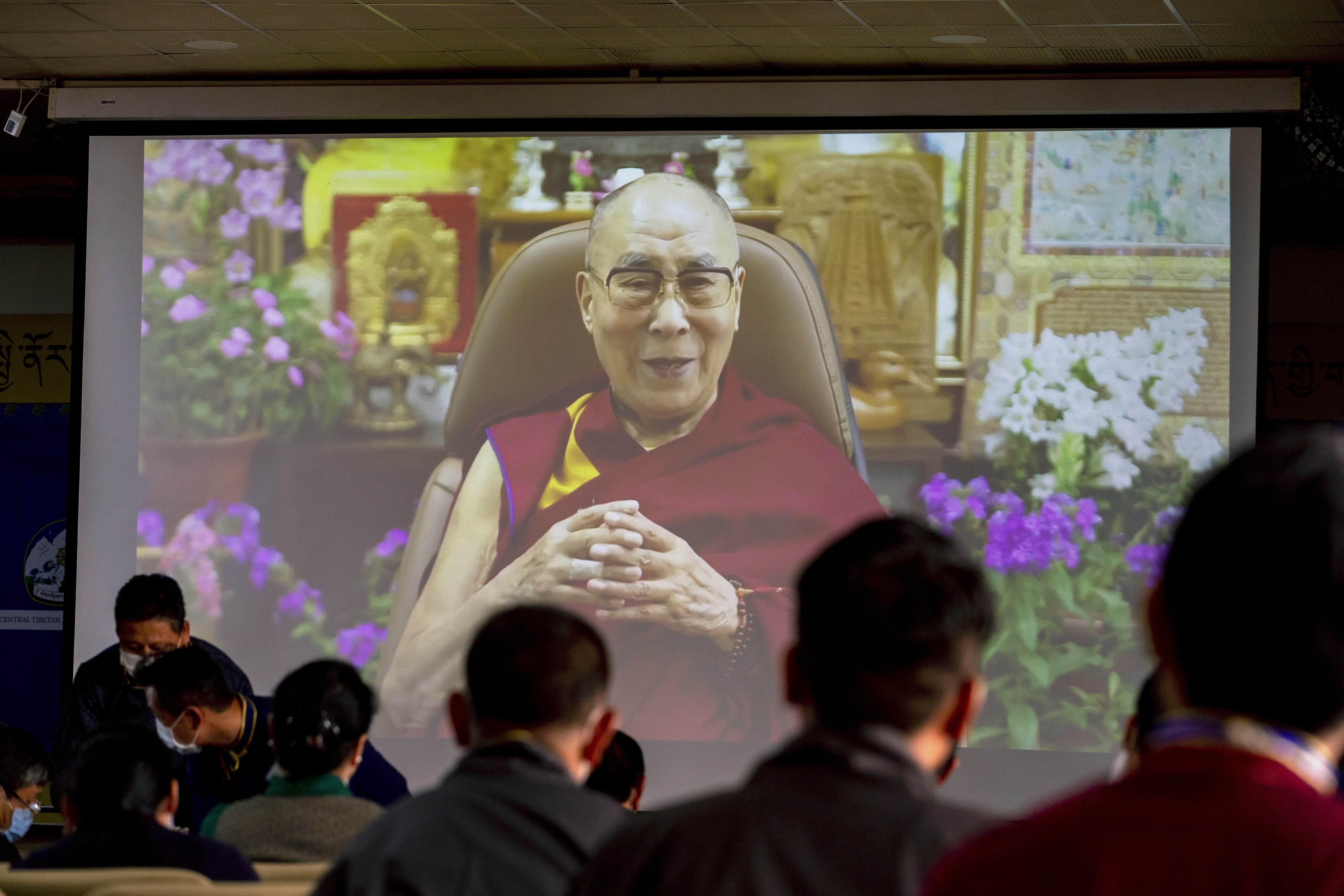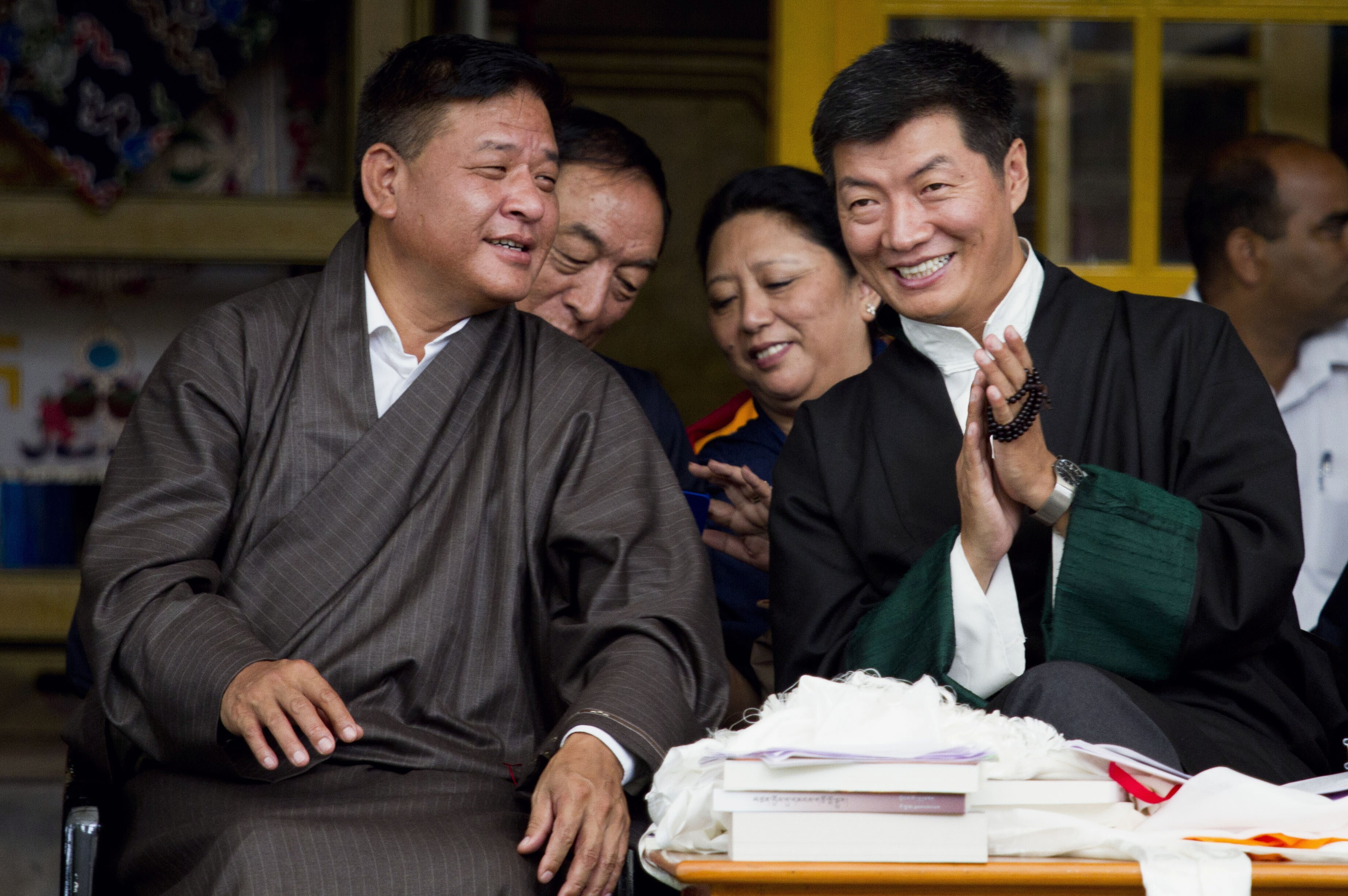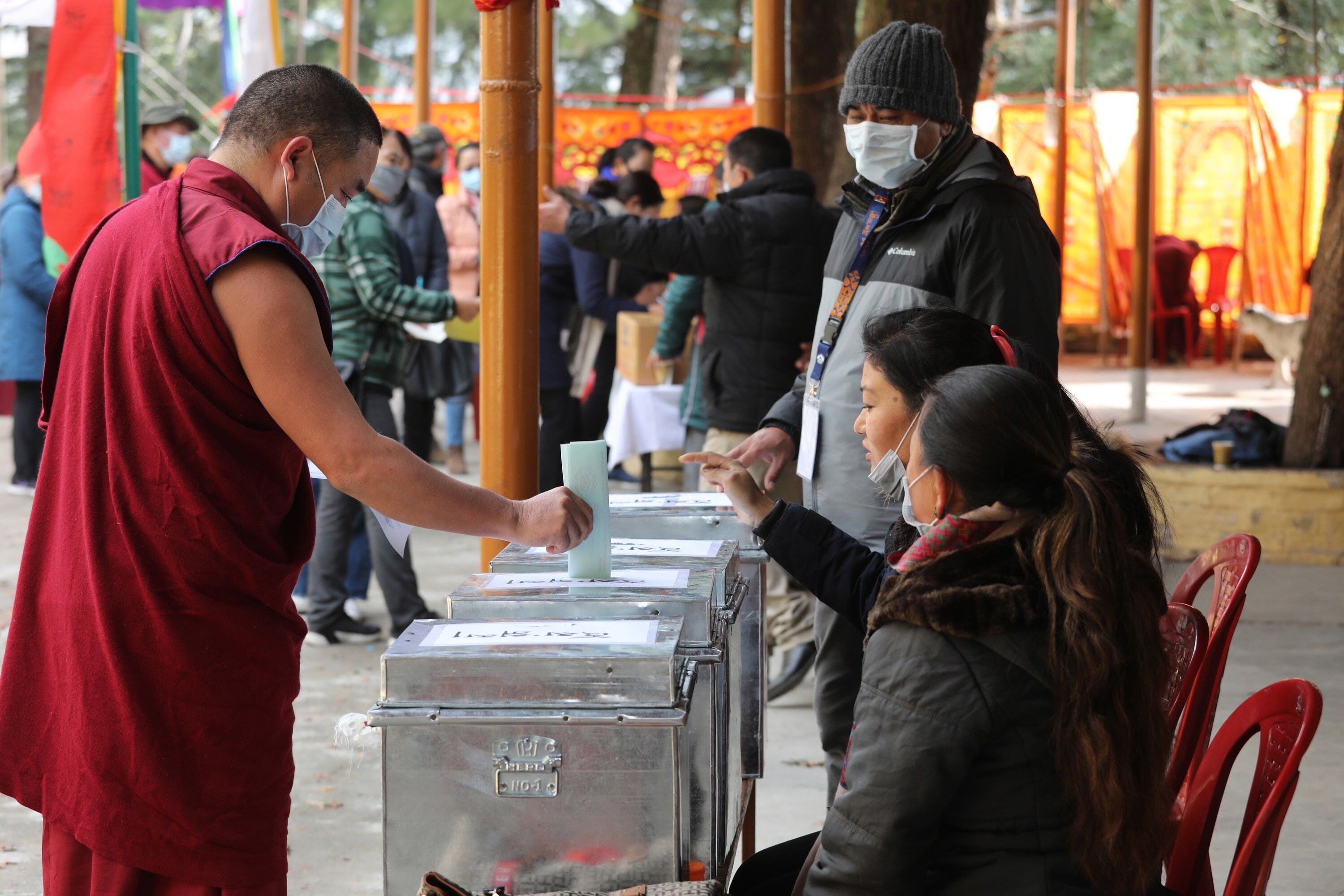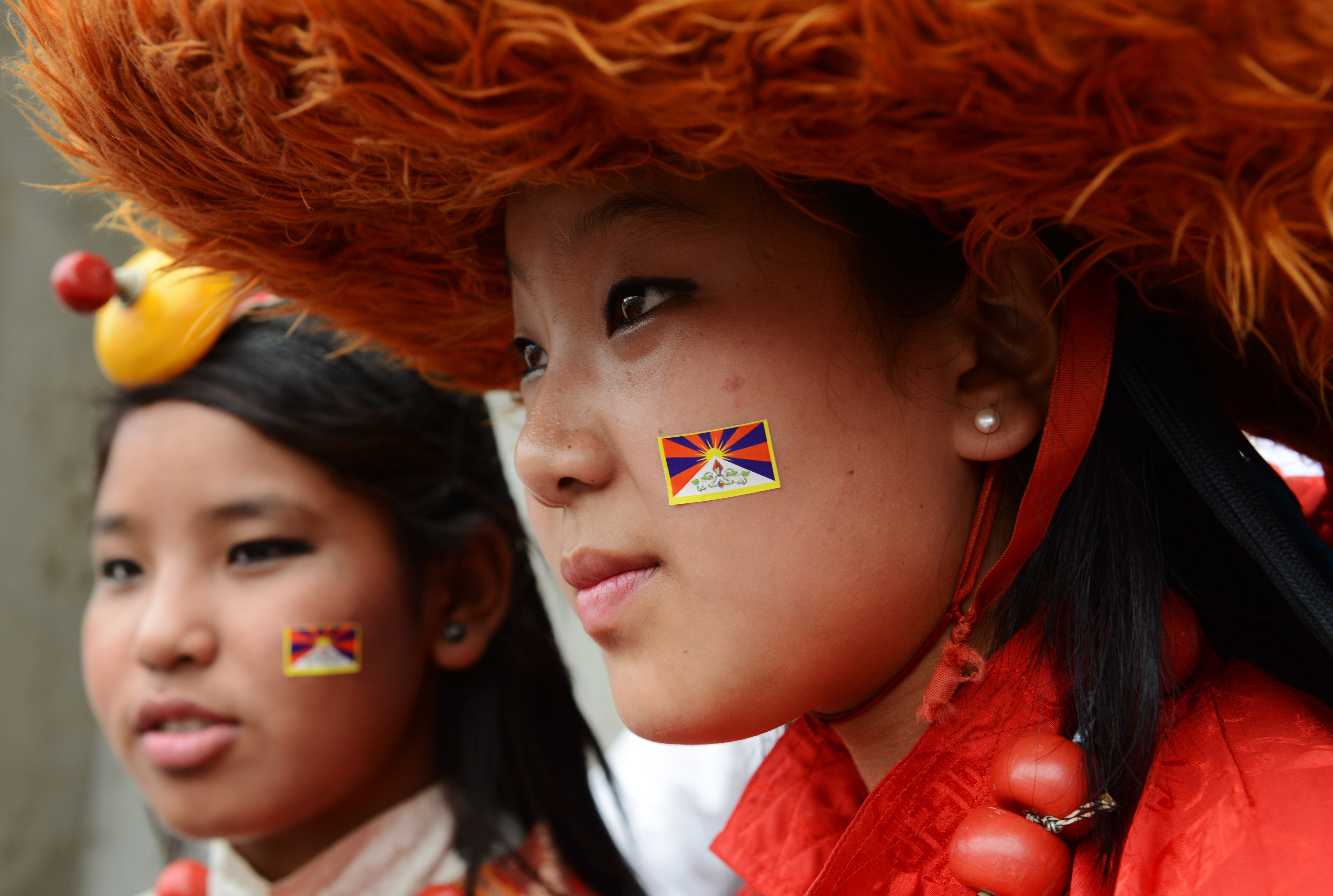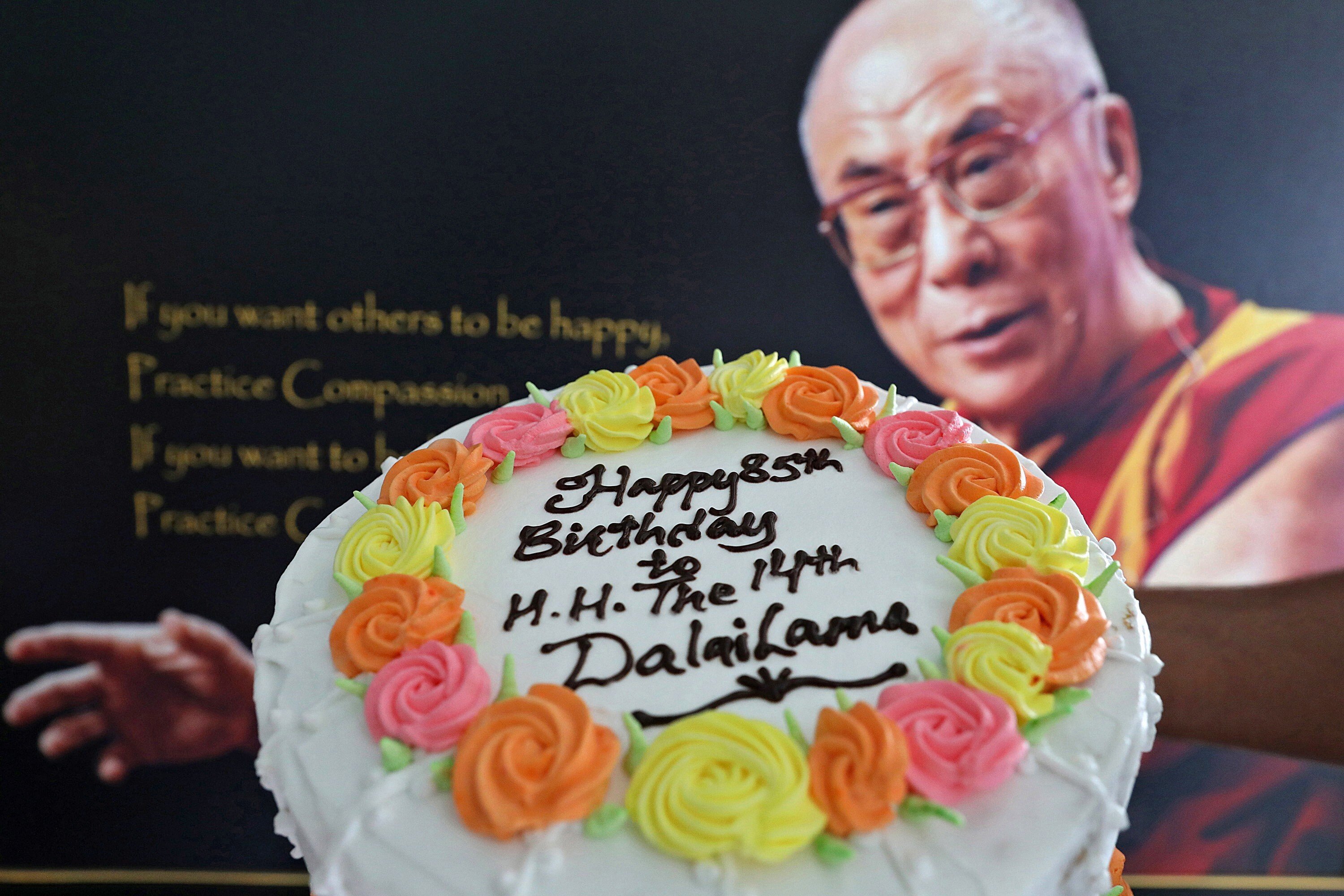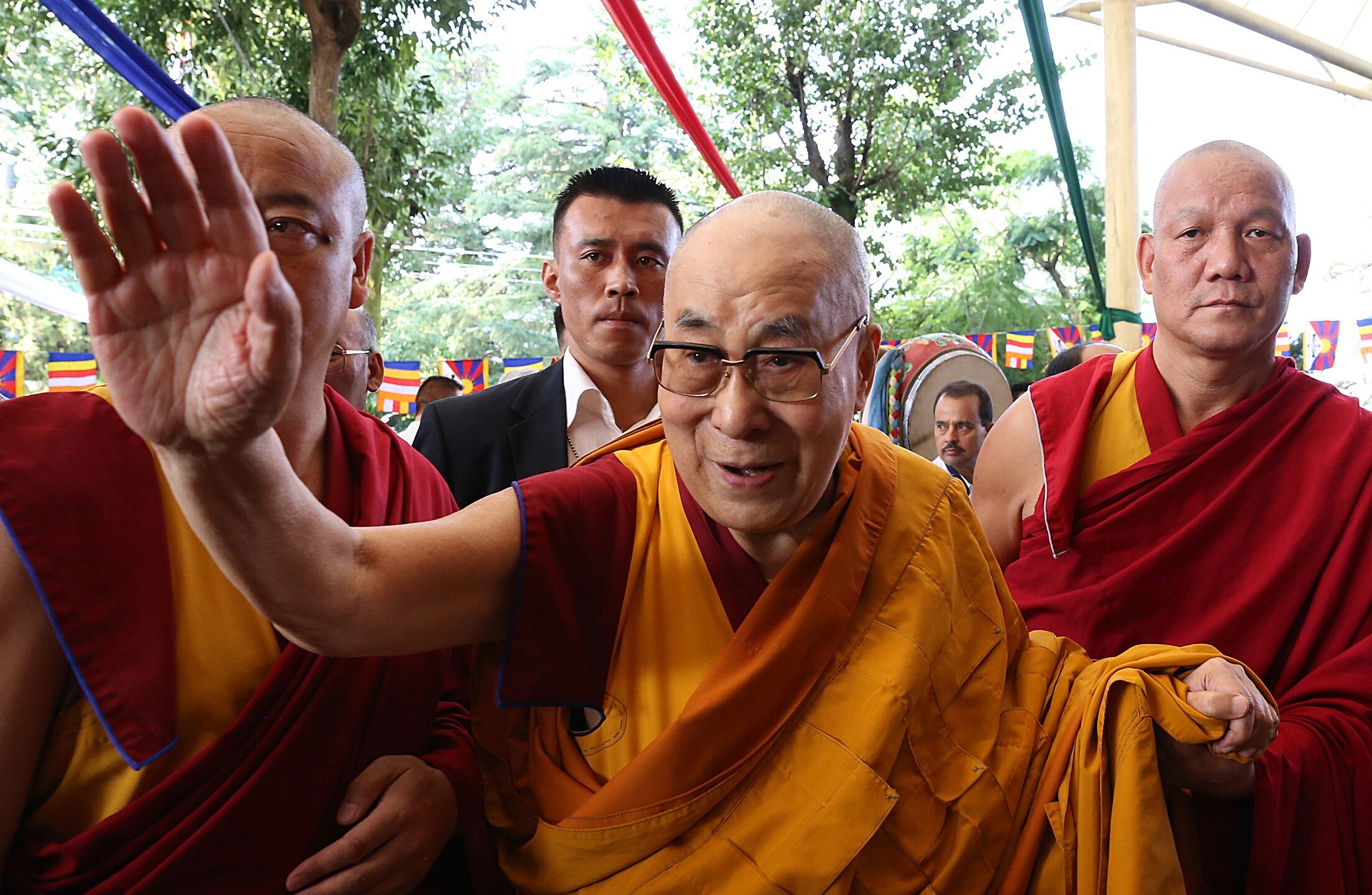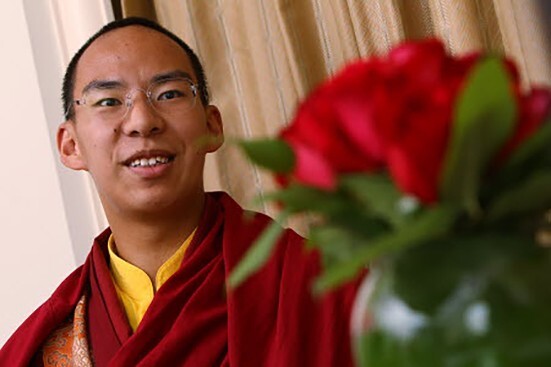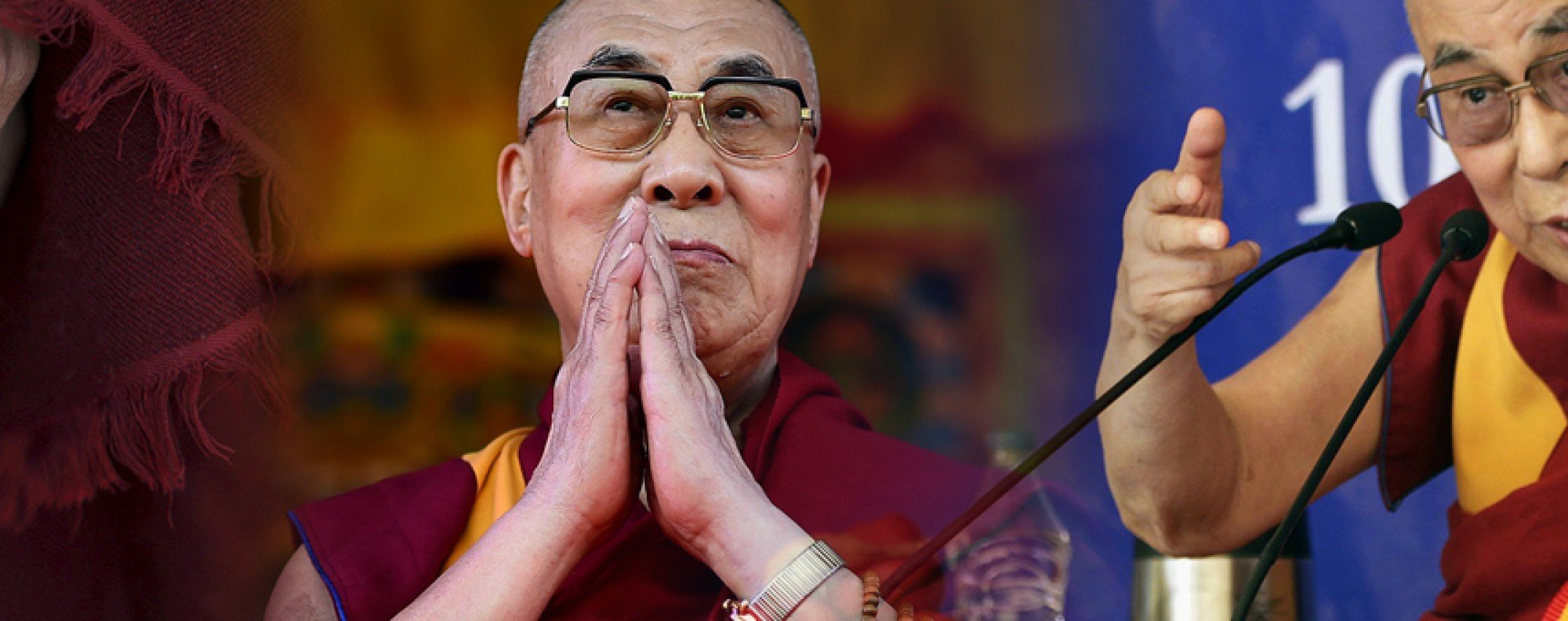
Topic
The 14th Dalai Lama is the 1989 Nobel Peace Prize laureate. He was born in 1935 and was selected as the 14th Dalai Lama at the age of two. Many Tibetans around the world regard the Dalai Lama as their spiritual leader. He fled from China in 1959 and has not returned since. He is known as a charismatic speaker and lifelong advocate for human rights and religious freedom for Tibetans inside Tibet.
Yonden Lhatoo is astonished by the misrepresentation in the media of the exiled Tibetan spiritual leader’s remarks about a female successor, and how he was forced to apologise for it in the face of an internet backlash.
Yonden Lhatoo says a hardline policy shift from Beijing and the exiled Tibetan spiritual leader’s latest stance on reincarnation have set the stage for an unholy clash over finding his successor.
- Over 300 protesters gathered near Delhi’s Parliament House and chanted slogans including ‘Tibet was never a part of China’ and ‘China should leave Tibet’
- The Dalai Lama, 88, has made the Indian hillside town of Dharamsala his headquarters since fleeing Tibet after a failed uprising against Chinese rule in 1959
Article in Communist Party’s Qiushi journal calls for greater oversight and for officials to ‘promptly and appropriately’ address grievances involving issues related to ethnic minority groups.
What do the Dalai Lama, AirAsia’s CEO and an ex-Singaporean comedian have in common? They are on our list of Asia’s weirdest stories in 2023.
Regional visits by Tibet’s party chief and chairman may be part of an attempt to win support from Buddhists on succession issue.
Official seminar told that the international community has been ‘seriously misled’ over the region’s ‘geographical scope’.
Tibet’s exiled spiritual leader says Chinese officials have reached out, adding he is ‘always open to talk’.
‘Right now my analysis is if there is a threat to the survival of the Communist Party then they will definitely attack one of these places’, Tibetan political leader-in-exile Penpa Tsering told an event in Australia.
Many social media users have termed the Dalai Lama’s behaviour as ‘creepy’ and ‘disgusting’, but Tibetans say their culture has been misconstrued and hypersexualised.
Penpa Tsering, president of the Tibetan government-in-exile, said the negative reaction to the viral footage ‘really hurts us’.
Sticking one’s tongue out can be form of greeting in Tibet; statement said monk ‘regrets incident’.
The Dalai Lama’s ‘middle way’– not going to extremes – does not demand independence from Chinese rule but urges a high degree of autonomy. Beijing considers the spiritual leader to be a separatist.
In New York, world leaders gather for the UN General Assembly and a BRICS foreign ministers meeting is scheduled, but the top Chinese and Indian diplomats have no plans to talk.
The bipartisan legislation would make it official US policy that Tibetans have the right to ‘self-determination’.
‘We need to take urgent steps to reduce our reliance on fossil fuels and adopt renewable sources of energy such as … wind and the power of the sun,’ the 86-year-old Tibetan spiritual leader said.
Under Secretary of State Uzra Zeya will be tasked with restarting dialogue between the Dalai Lama and China, as well as promoting ‘respect for the human rights’ of Tibetans.
With their traditional dishes assimilated into Kashmiri culture, the community has found acceptance – and been spared the sectarian violence that followed India’s revocation of Kashmir’s autonomy.
Jalue Dorje was identified as a reincarnated lama when he was four months old.
The first visit by a Chinese leader to the region in three decades was designed to send a message to the US, India and the Dalai Lama, observers say.
US National Academy of Sciences confirms Chinese embassy in US asked it to ban the Tibetan spiritual leader and scientist Lee Yuan-tseh from Nobel Prize Summit.
The 86-year-old Tibetan spiritual leader, who has been living in exile in northern India for some six decades, is regarded as a separatist by China.
All eyes are on 54-year-old Penpa Tsering, the approach he will take to deal with Beijing, and whether this can win over younger Tibetans.
The 85-year-old Tibetan spiritual leader received his first dose of the Covishield vaccine, which is made by India’s Serum Institute.
Candidates jostling to be the CTA’s new leader have pledged to take a more hardline stance towards China, and are counting on India’s help.
US support for Tibetans has implications for Nepal, which China has grown closer to in recent years. India and Nepal will hold a bilateral meeting on Thursday, where Kathmandu aims to secure supplies of Covid-19 vaccines.
The act directs the US government to issue economic and visa sanctions against any Chinese official who interferes with the Dalai Lama’s succession.
According to Beijing’s propaganda banners, the spiritual leader is ‘the head of a political clique that seeks independence for Tibet’.
Beijing selected Gyaincain Norbu in 1995 to be the second-highest figure in the spiritual hierarchy, rejecting the boy identified by the Dalai Lama, but a government adviser says he is unlikely to have much political influence.



